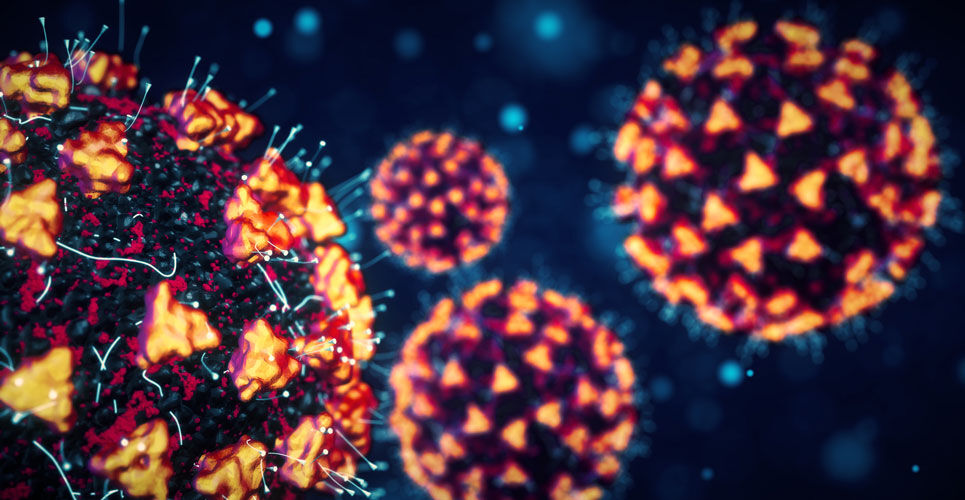Androgen suppression by degarelix failed to improve the clinical outcomes of men hospitalised with COVID-19
Degarelix, an androgen suppressant treatment for adult men with advanced hormone-dependent prostate cancer, failed to reduce either mortality, the on-going need for hospitalisation or a requirement for mechanical ventilation, in men hospitalised with COVID-19 compared to placebo. This was the finding from a randomised controlled trial by researchers from the Division of Hematology-Oncology, Department of Medicine, VA Greater Los Angeles Healthcare System, Los Angeles, USA.
The COVID-19 virus utilises a cell surface ACE2 receptor for entry into cells and a serine protease, transmembrane serine proteases 2 (TMPRSS2) for S protein priming. This complex process requires the concerted action of ACE2 receptor binding and TMPRSS2 proteolytic processing of the S protein on the virus, to promote virus-cell fusion. It has been found that androgens regulate the expression of ACE2, TMPRSS2 as well as the androgen receptor (AR) in subsets of lung epithelial cells. Moreover, AR levels are markedly elevated in males compared to females and in men older than 70 years of age, who also smoked there were elevated levels of AR and ACE2 in lung epithelial cells. Moreover, since TMPRSS2 levels are regulated by androgens, specific androgen deprivation therapy (ADT) by reducing TMPRSS2 expression, might limit cellular entry of COVID-19 and therefore reduce the severity of infection. In fact, using both a human and mouse cell model, researchers identified that camostat-a TMPRSS2 inhibitor, blocked the cleavage of a pseudo-type COVID-19 surface spike protein thus providing evidence for a direct role of TMPRSS2 in viral fusion to the host cell.
Based on these preliminary observations, the US examined whether using androgen suppression with degarelix, would improve the clinical outcomes of men hospitalised with COVID-19. The team undertook the Hormonal Intervention for the Treatment in Veterans with COVID-19 Requiring Hospitalisation (HITCH) trial, which was a multi-centre, phase 2 randomised trial of standard care either with or without degarelix in male patients hospitalised with COVID-19. Participants were given a single, 240 mg subcutaneous dose of degarelix which was administered within 24 hours of being randomised, 2:1 (degarelix:placebo). The primary endpoint of the trial was a composite of mortality, the need for ongoing hospitalisation or the requirement for mechanical ventilation, 15 days after randomisation.
Degarelix and COVID-19 outcomes
A total of 96 men with a mean age of 68.5 years (with 70.8% > 65 years of age) were included in the trial. Overall, baseline co-morbidities included COPD (15.6%), hypertension (78.1%) and cardiovascular disease (28.1%).
On day 15, 30.6% of those assigned to degarelix and 26.5% of those given placebo achieved the primary composite endpoint (adjusted odds ratio, OR = 1.19, 95% CI 0.46 – 3.06. p = 0.67). Similarly, after 30 days, there was still no significant difference between the two groups in the primary endpoint (24.2% vs 20.6%, p = 0.69, degarelix vs placebo). In fact, the trial was stopped for futility.

The authors concluded that androgen suppression did not improve the clinical outcome of men hospitalised with COVID-19 and suggested that further studies using this type of intervention were not warranted.
Citation
Nickols NG et al. Effect of Androgen Suppression on Clinical Outcomes in Hospitalized Men With COVID-19: The HITCH Randomized Clinical Trial JAMA Netw Open 2022

